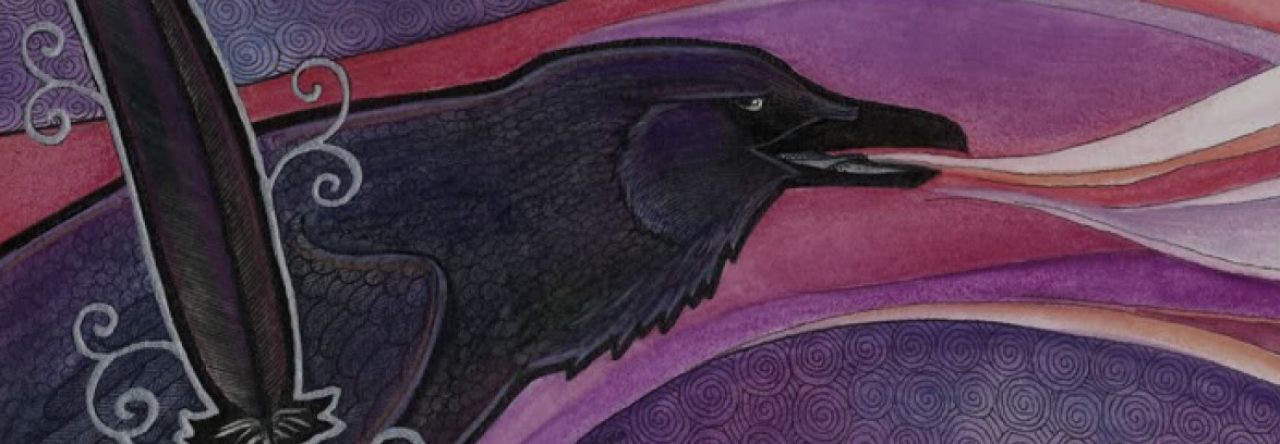Beauty and the Beast by TGB-illustrations on DeviantArt
I want to link to a couple of great blog posts about chronic illness: Michelle Goldsmith talks about writing and chronic illness and Terri Windling talks about “Books, the Beast and me“.
I love that there is conversation about chronic illness happening. I hate that anyone has to struggle with any kind of illness, of course, and if I had a magic wand, the first thing I would wish would be health for everyone.
I am really taken by Windling’s description of her illness as a “Beast”. It’s apt – it’s a haunting, the monster that lurks beneath the bed or in the shadows behind the door, just waiting to pounce. The Beast is unpredictable, the Beast cannot ever truly be tamed, though it can sometimes be lulled to quiescence if you use just the right song.
The Beast is a creature who has haunted me for almost thirteen years, and will likely haunt me for the rest of my life. It has been lurking somewhat more than usual these past few months, and I am grateful, like Terri Windling, for the fact that, even when things are bad, I can usually escape by reading. The early days of my dance with the Beast were much harder – I had stretches of time when I found it extremely hard to focus on words. Which, when you’re someone who has grown up surrounded by books and the worlds in books, is akin to having some part of you ripped away.
Thankfully, I mostly know the ways to keep the Beast semi-tame, thanks to proper diagnosis, a good medical team, medication and an extremely supportive family. And the days where I cannot read are very rare now.
Thank you, Michelle, and thank you, Terri, for your honesty and the reminder that even in living with a Beast, there can be Beauty.


